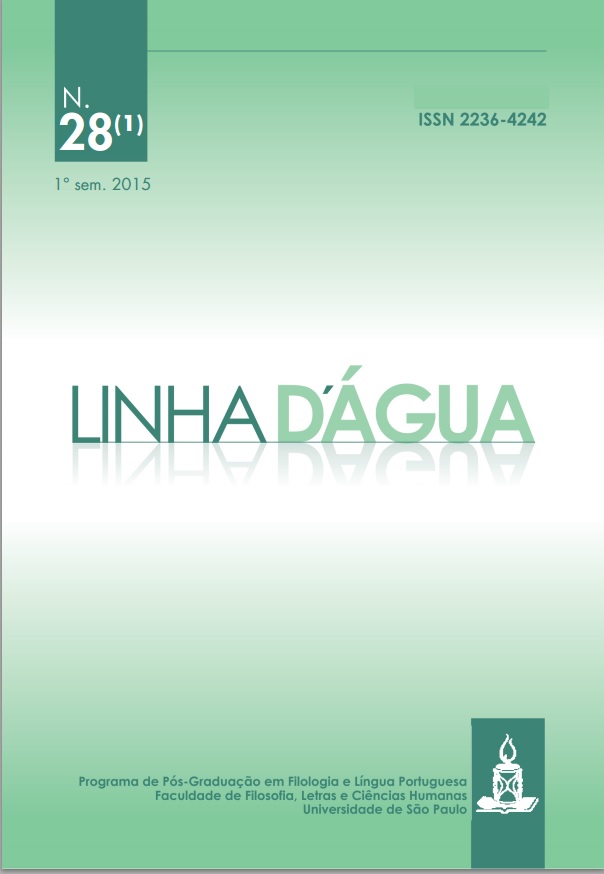Learning to Argue, Arguing: Tweet Genre in Native language Teaching
DOI:
https://doi.org/10.11606/issn.2236-4242.v28i1p49-66Keywords:
teaching, portuguese language, argumentation, digital genres, tweet.Abstract
Genres have been extensively discussed among Portuguese Language Teaching scholars for multiple reasons: The fact that all human activities are related to the use of language by relatively stable types of enunciation, Bakhtin (1997), the fact that the National Educational Standards (1998) point out the importance of bringing genres into the classroom, and the concern of researchers focused on Applied Linguistics, with the description of actions that may guide teachers activities towards working with genres. This paper aims to address a genre still underdeveloped in our field of study – the tweet – in order to describe its applicability in the quest for “genres stemming from argument.” The theoretical basis corresponds to the concepts of Textual Linguistics, from Marcuschi (2002-2010), considering the sociocognitive approach and discourse’s analysts that guide their work to argumentation, as Amossy (2007) among others.Downloads
Downloads
Published
Issue
Section
License
The Editorial Board authorizes free access to and distribution of published contentes, provided that the source is cited, that is, granding credit to the authors and Linha D'Água and preserving the full text. The author is allowed to place the final version (postprint / editor’s PDF) in an institutional/thematic repositor or personal page (site, blog), immediately after publication, provided that it is available for open access and comes without any embargo period. Full reference should be made to the first publication in Linha D'Água. Access to the paper should at least be aligned with the access the journal offers.
As a legal entity, the University of São Paulo at Ribeirão Preto School of Philosophy, Sciences and Languages owns and holds the copyright deriving from the publication. To use the papers, Paidéia adopts the Creative Commons Licence, CC BY-NC non-commercial attribution. This licence permits access, download, print, share, reuse and distribution of papers, provided that this is for non-commercial use and that the source is cited, giving due authorship credit to Linha D'Água. In these cases, neither authors nor editors need any permission.
Partial reproduction of other publications
Citations of more than 500 words, reproductions of one or more figures, tables or other illustrions should be accompanied by written permission from the copyright owner of the original work with a view to reproduction in Linha D'Água. This permission has to be addressed to the author of the submitted manuscript. Secondarily obtained rights will not be transferred under any circumstance.










